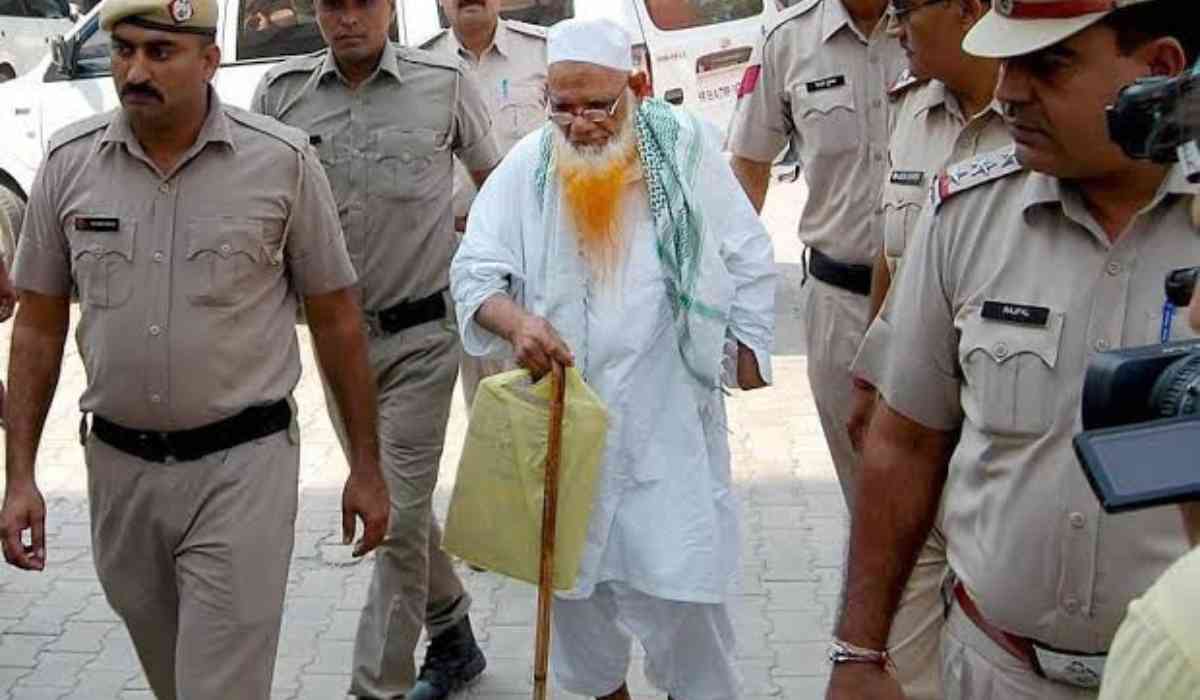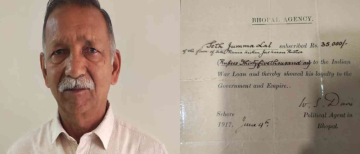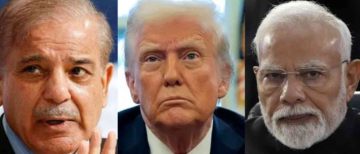Abdul Karim Tunda, a key accused in the 1993 serial bomb blast case, was acquitted by the special Terrorist and Disruptive Activities (TADA) court in Rajasthan’s Ajmer on Thursday due to insufficient evidence.
Two others accused, Irfan and Hamiduddin, were found guilty and sentenced to life imprisonment by the court.
Tunda had been facing charges stemming from his alleged involvement in the coordinated bomb blasts that occurred at various locations in 1993.
According to Tunda's attorney, the Central Bureau of Investigation (CBI) failed to present substantial evidence pertaining to various charges, including those under TADA, IPC, Railway Acts, Arms Act, or Explosive Substances Act. Advocate Shafqat Sultani, representing Tunda, reiterated his client's innocence, highlighting that the court's ruling upheld their longstanding position.
As per reports, Sultani affirmed, "Abdul Karim Tunda is innocent, as evidenced by today's court verdict. He has been acquitted of all charges and under all Acts. The CBI prosecution was unable to provide any concrete evidence before the court..."
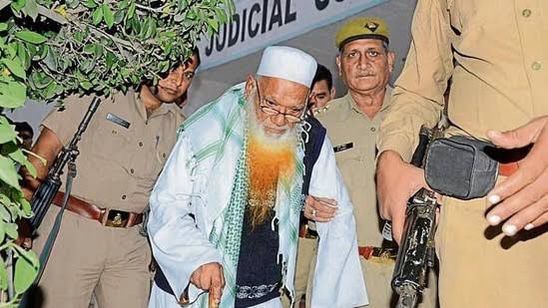
1993 Serial Bomb Blasts
The 1993 serial bomb blasts, one of the most devastating terror attacks in India's history, shook the nation to its core, claiming hundreds of innocent lives and causing extensive property damage. The explosions targeted prominent landmarks in Mumbai, including the Bombay Stock Exchange and various other commercial and residential areas.
Tunda, linked to underworld figure Dawood Ibrahim, was arrested in 2013 at the India-Nepal border. He was accused of organising bombings in Lucknow, Kanpur, Hyderabad, Surat, and Mumbai on December 5-6, 1993.
The train bombings, resulting in the deaths of two individuals and multiple injuries, occurred on the first anniversary of the demolition of the Babri Masjid in Ayodhya, Uttar Pradesh, on December 6, 1992.
The Central Bureau of Investigation (CBI) had identified Tunda as the alleged mastermind behind the 1993 train bombings.
Tunda have been Acquitted earlier also
In February of last year, a court in Haryana acquitted Tunda in the 1997 twin Rohtak blast cases due to insufficient evidence, as confirmed by his counsel Vineet Verma.
In March 2016, a Delhi court concluded that despite his physical condition, including a blown-off hand, the police failed to establish Tunda's role as a bomb-maker for Lashkar-e-Taiba.
Despite being implicated in multiple terrorist activities, Tunda managed to elude law enforcement for years, operating covertly and crossing international borders to evade capture. However, in August 2013, Indian authorities finally apprehended him near the Indo-Nepal border.
Upon his arrest, Tunda faced numerous terrorism-related charges, including conspiracy, murder, and waging war against the state.
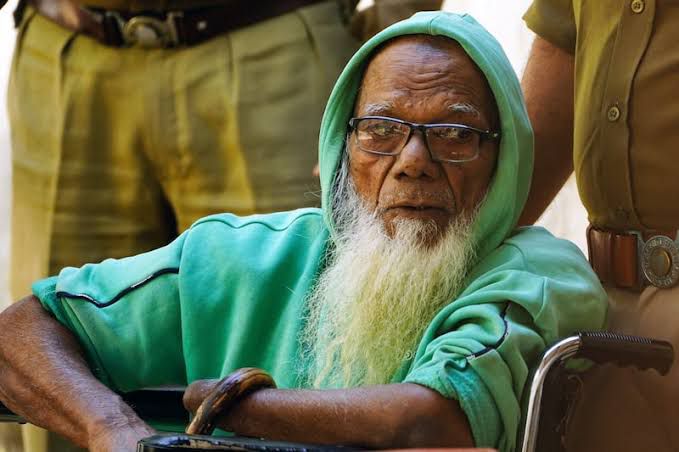
In October 2017, a Sonepat court found Tunda guilty in the 1996 Sonepat blasts case and sentenced him to life imprisonment. He was convicted under Section 307 (attempted murder) and 120 B (criminal conspiracy) of the Indian Penal Code, as well as Section 3 of the Explosive Substances Act.
Abdul Karim Tunda
Tunda, a notorious figure allegedly linked with extremist groups such as Lashkar-e-Taiba (LeT), Jaish-e-Mohammed (JeM), and the Harkat-ul-Jihad al-Islami (HUJI), among others
Tunda hails from Pilkhuwa in the Ghaziabad district of Uttar Pradesh. He has been acquitted in cases related to the Sadar Bazaar and Kotla bomb blasts due to insufficient evidence.
He's accused of teaching bomb-making to jihadists in Bangladesh and Pakistan, with reports indicating plans to train Rohingyas to target Buddhists. Currently detained in Ajmer Jail, Tunda is implicated in numerous other cases, leading to his ongoing detention despite being acquitted in the 1993 serial bomb blasts case.
©️ Copyright 2024. All Rights Reserved Powered by Vygr Media.

